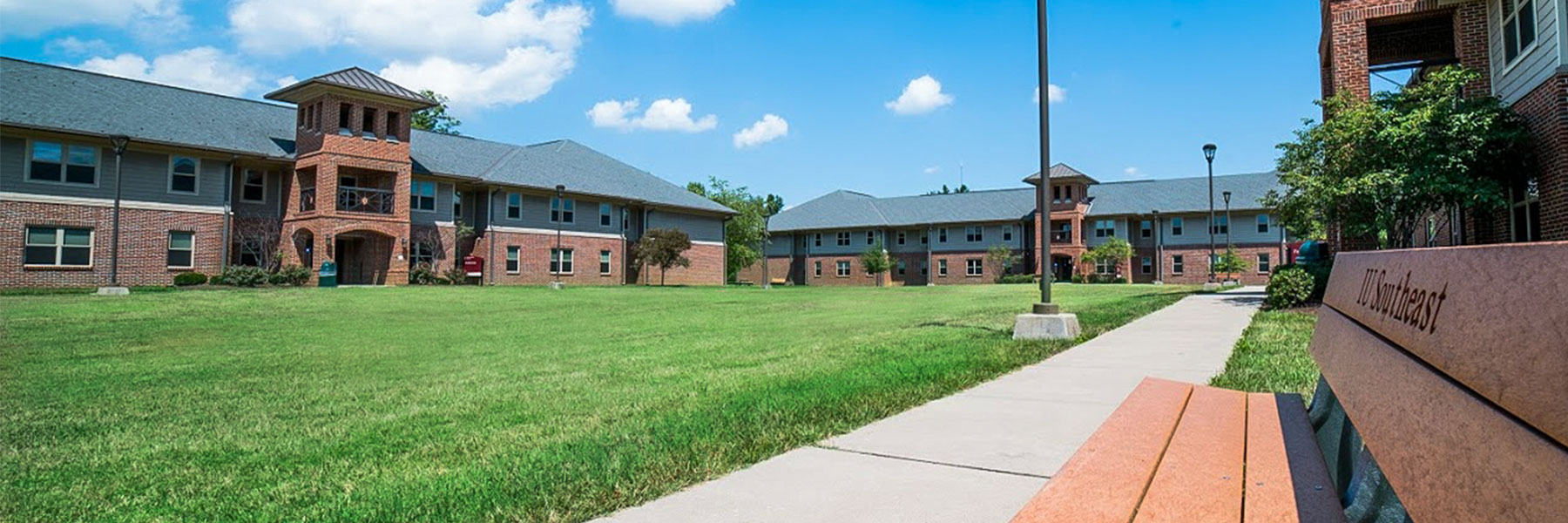Harassment and Title IX
Harassment and Offensive Behavior – Harassment and Title IX
Residents are expected to conduct themselves in a manner that exemplifies respect for all people and to adhere to personal values without unduly imposing them on others. At no time should members of the community harass, assault, or violate the privacy of other persons. Any act or threat that submits a member of the community to physical or mental pain, discomfort, indignity, or humiliation is strictly prohibited.
Harassment of another individual will not be tolerated and could result in removal from campus housing. Harassment is a form of violence that can result in the intimidation of another student. Harassment is the violation of another’s rights related to sex, race, religion, personal habits, age, sexual orientation, physique, or gender identity/ expression. It can be communicated by actions or in a verbal or written form.
Materials deemed to be offensive are not allowed in any common area in the lodges. These areas include, but are not limited to, apartment doors, exterior of bedroom doors, Great Rooms, items visible in and facing out of windows, or in any other space that is not the private bedroom of a resident. Residents should report any and all issues to the Office of Residence Life and Housing.
Physical Contact/Use of Force – Harassment and Title IX
Unwanted physical contact or use of force is strictly prohibited in the lodges. Students who have experienced unwanted physical contact or have been a witness to an event, should call the University Police at (812) 941-2400 to file a report or contact the Office of Residence Life and Housing.
Sexual Misconduct – Harassment and Title IX
Students have the right to study, work, and interact in an environment that is free from sexual misconduct in violation of law or university policy by any member of the university community. Students at Indiana University Southeast are expected to conduct themselves in a manner that does not infringe upon the rights of others.
Physical sexual misconduct encompasses any non-consensual physical contact of a sexual nature that is committed either by force or intimidation or through the use of the victim’s mental or physical incapacity, including through consumption of drugs or alcohol.
Sexual misconduct behavior includes, but is not limited to, the following:
- Non-consensual sexual contact, Part II (H20) of the Code
- Forced sexual activity, Part II (H20) of the Code
- Non-consensual sexual intercourse, Part II (H20) or (I2) of the Code
- Forced sexual intercourse, Part II (H20) or (I2) of the Code
- Sexual harassment, Part I (C) of the Code
The above examples include the touching of an unwilling person’s intimate parts; touching an unwilling person with one’s own intimate parts; or making a person touch you or themselves in a sexual manner. Inappropriate sexual contact is penetration (oral, anal, or vaginal) with any object or body part. Sexual harassment may also encompass non-physical acts and is further defined in Part I (C) of The Indiana University Code of Student Rights, Responsibilities, and Conduct.
The university reserves the right to take whatever measures it deems necessary in response to an allegation of sexual misconduct in order to protect students’ rights and personal safety. Such measures include, but are not limited to, modification of on-campus living arrangements, removal from class, interim suspension from campus pending a hearing, and reporting to the police. Not all forms of sexual misconduct will be deemed to be equally serious offenses, and the university reserves the right to impose differing sanctions, ranging from verbal warning to expulsion, depending on the severity of the offense. The university will consider the concerns and rights of both the complainant and the accused/respondent of sexual misconduct.


